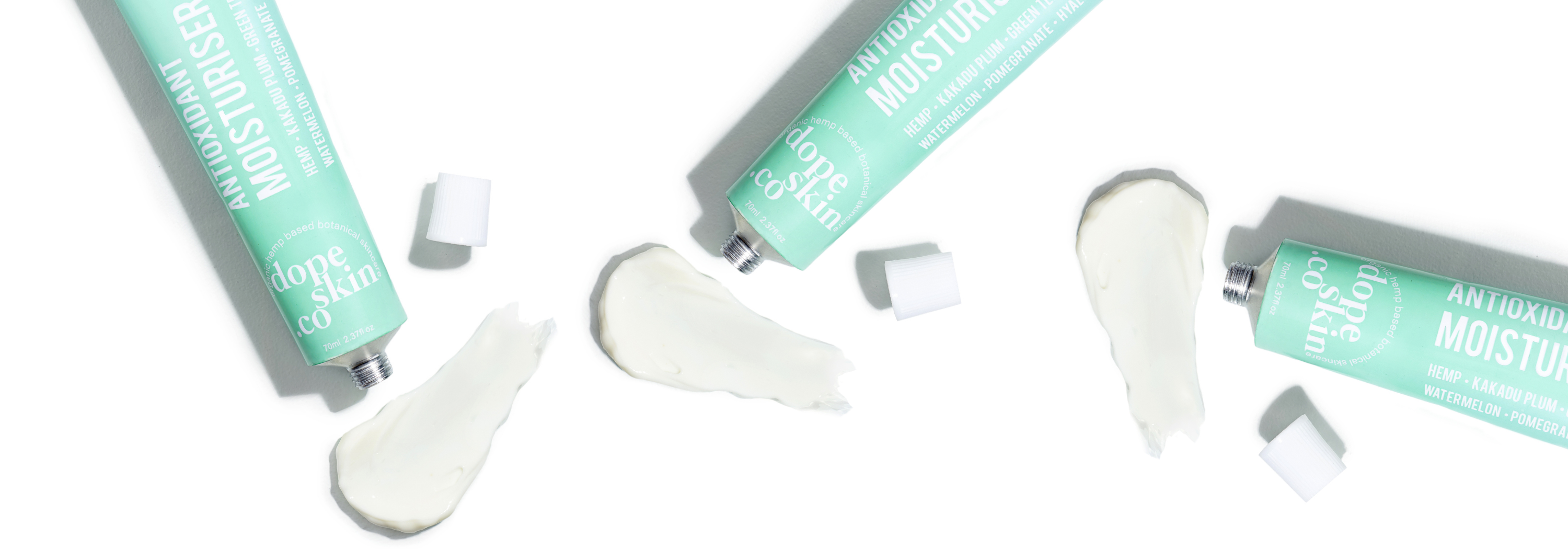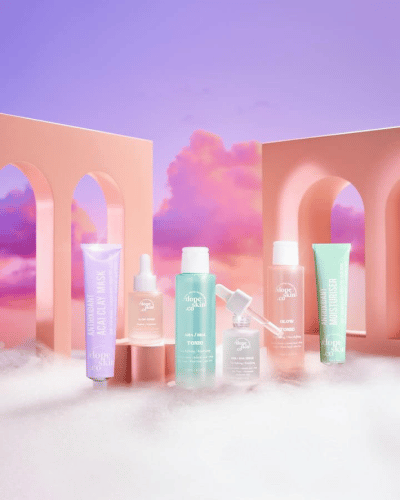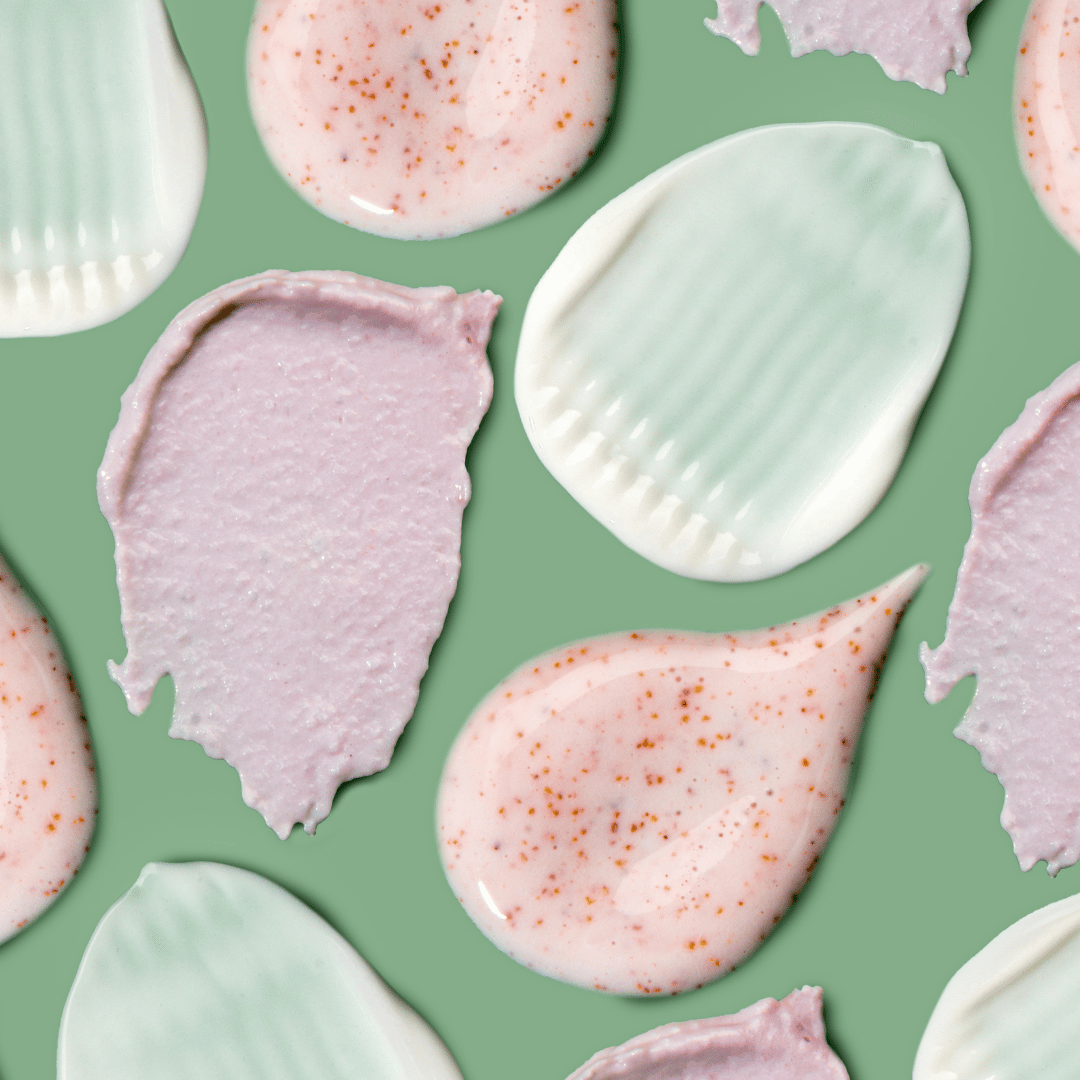
What is Rosacea?
Most people have probably dealt with redness at least once in their lives. However, if you’ve begun to notice a flush across your cheeks and nose that persists for days or even weeks on end, you could be experiencing a skin condition called rosacea (pronounced roh-zay-sha). Today, we’re delving into all there is to know about rosacea, including the underlying causes, main symptoms, and the best part, the treatments for rosacea (spoiler alert: there are several natural, plant-based remedies).
Causes of Rosacea
Despite the fact that rosacea affects millions of people (it’s most common among middle-aged white women), the causes are still largely unknown. Dermatologists have concluded that hereditary, environmental, and immunologic factors all come into play, but have yet to understand the specific causes. That said, medical professionals have confirmed that rosacea is not contagious nor is it caused by poor hygiene.
Symptoms of Rosacea
- Redness: The most obvious and widely known symptom of rosacea is redness. This may also be described as facial blushing or flushing and can look like a persistent redness in the central part of the face, namely on the nose and cheeks.
- Hypersensitivity: Another common symptom of rosacea is hypersensitive skin. For example, if you experience stinging, burning, itching, tightness, tenderness, or discomfort, especially if it happens shortly after exposing your skin to something, such as a certain skincare product or ingredient, it could be a sign of rosacea.
- Eye problems: In some cases, people with rosacea may experience dry or irritated eyes or eyelids. This is known as ocular rosacea and can sometimes appear before it manifests itself on the skin.
Treatments for Rosacea
The bad news is there is currently no cure for rosacea. However, there are several treatments out there to help mitigate the symptoms of it. If you think you have rosacea, we recommend consulting with your doctor to come up with a treatment plan. Treatment methods the doctor may suggest include topical medications to reduce flushing, oral medications such as antibiotics or acne drugs, non-irritating skincare products, or laser therapy.
Natural Remedies for Rosacea
Ensure your skincare routine doesn’t trigger a rosacea flare-up by choosing gentle, non-irritating skincare ingredients. The ingredients below are all known to be natural remedies for rosacea, containing powerful anti-inflammatory properties. Look for products, such as serums, tonics, and cleansers that contain the following:
- Green tea extract: Green tea is chock full of antioxidants, which have been proven to fight inflammation and treat rosacea.
- Niacinamide: Niacinamide is a fancy term for a type of vitamin B found in foods and it is known for its abilities to prevent skin flushing and blushing, which makes it ideal for those with rosacea.
- Aloe vera: Aloe vera has long been known for its anti-inflammatory properties (hence why you’re told to apply it to sunburns). Applying aloe vera in gel form or as part of another skincare product can help fight inflammation, thereby calming redness and relieving any burning or stinging.



